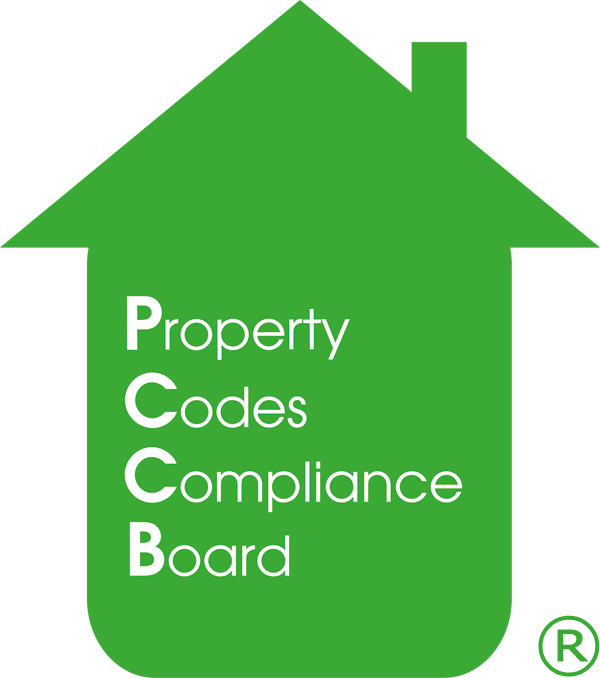Revised Search Code and Consultation Announced
The Council of Property Search Organisations (CoPSO), owner of the Search Code of Practice, has announced a revised Code to reflect the new market environment while still maintaining standards. A corresponding consultation with key stakeholders has also been initiated. These developments are as a consequence of the recent suspension of the HIP Regulations meaning that the legal framework governing the provision of local and other property search reports has fallen away. PCCB welcomes the revision, consultation and also the aims to actively promote the Code as a mark of quality with key stakeholders and to add value to the Code by creating a clear differentiation in the market between reliable operators and those whose actions bring the whole industry into disrepute.
The full CoPSO press release is copied below.
Search Standards Sustained as Code of Practice Reinforced
HIPs may be history but that does not mean any slippage on standards in searches. That is the clear message from the Council of Property Search Organisations (CoPSO) which today published a revised Search Code for the post HIP environment and a consultation on future regulation of the sector.
The Search Code, which is owned by CoPSO, is a voluntary self-regulatory framework which is designed to ensure the highest level of consumer protection and quality of information in search reports. All Code subscribers are subject to robust compliance checks and the searches they produce are backed by comprehensive insurance – protecting not only the consumer but 3rd parties to the transaction - with independent redress to the Property Ombudsman should problems arise.
CoPSO Chief Executive, Kate Nicholls, said:
“The continued existence of the CoPSO Search Code will ensure that consumers do not suffer any deterioration in the quality or reliability of the product as a result of the Government’s decision to remove the legal framework. It is business as usual as far as we are concerned. The Search Code has always been the ‘Gold Standard’ for searches, now consumers need only look for the logo to continue to receive a high quality, reliable, insurance-backed product and the rapid turnaround that buyers and their agents have become used to under the HIP Regulations.
“The Code means there will be no return to an unregulated market. It allows conveyancers, lawyers, lenders and home buyers to differentiate between products and providers on the basis of quality and reliability. There can be no room for cowboy operators in the search industry and we will do all we can to protect consumers from exposure to them”.
CoPSO members produce over 85% of searches for residential property transactions and all search reports prepared by them are Code compliant. Only Code-backed searches produced are accepted by the CML and the majority of lenders. This is because they are of a demonstrably higher quality than non-Code backed reports. In recent spot check exercises carried out by Trading Standards across the country, it was found that 3 out of 4 searches exceeded expected levels of best practice whilst non-Code backed searches were revealed to be substantially non-compliant.
The revised Search Code will make compliance with a new Search Protocol a condition within a company’s terms and conditions. It will require companies to provide as complete a set of results as possible based on a search of legitimate and identified sources and it will restrict the use of search insurance to instances where the data is unavailable or where the consumer asks for a report’s scope to be limited. CoPSO will be working with key stakeholders to develop and agree protocols on search content, the use of insurance and data sources which will be incorporated in the Code going forward
Kate Nicholls concluded:
“Today’s revisions provide a reassurance to consumers and their agents using Code backed searches. It means that reports carrying the logo are guaranteed to be as complete, as reliable and as robust as they were under the HIP Regulations and it puts the consumer, not the search provider, in the driving seat to determine what information they want, when and how they receive it. HIPs may be history, but that doesn't mean we have to turn the clock back to the market we had before their introduction.”
End
